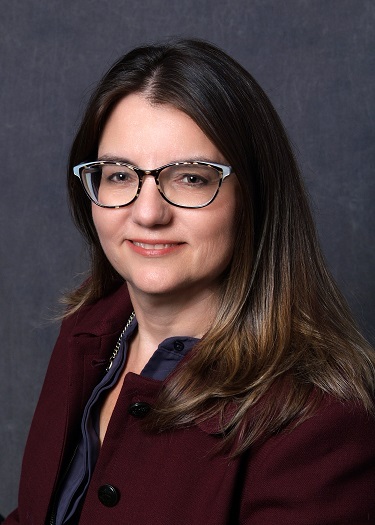Truth and Myth in I Care a Lot

The world of professionals who work with seniors is abuzz over the film I Care a Lot. The film tells the story of a private guardian who preys on older adults. She moves them to long-term care facilities when they do not need such care and exploits them financially. And of course, she charges exorbitant fees for her “services.” The film has raised understandable concerns, and I have personally explained to local legislators why these abuses would be nearly impossible to perpetrate in New Jersey.
New Jersey Guardianship
Our state has strong due process protections including dual physician certifications, right to trial, and appointment of independent counsel to ensure that the individual alleged to be incapacitated is represented and their needs and desires are heard. The state also has a guardianship monitoring system which, in theory, ensures that annual reports that guardians must file are reviewed by an independent person. Unfortunately, the program is underfunded and relies on attorneys volunteering their time. In fact, contrary to the depiction in the film, many attorneys regularly serve as guardians and court-appointed attorneys for little or no remuneration. I have served as a guardian for an individual with developmental disabilities for eight years without any payment.
Moreover, guardianship is often a vehicle to recover funds and protect a vulnerable adult from exploitation. We represented family members in one case where a financial advisor acting as power of attorney stole over a million dollars before guardianship was brought which resulted in the revocation of the power of attorney and sanction of the financial advisor. Efforts to recover the funds are underway.
I Care a Lot
I wish I could tell you there is no truth in the movie I Care a Lot. Unfortunately, however, there are incidents of guardians, and more commonly individuals serving as power of attorney, stealing from the vulnerable adults they are supposed to be protecting. The elder law bar was horrified in recent years to learn of two attorneys found to have stolen from their clients who entrusted them as fiduciaries. As a result, reforms aimed at addressing guardianship abuses have been introduced. Just last month, the court rules were changed to require proposed guardians to report relevant criminal and civil convictions and judgments and to undergo background checks. Additional reforms may be coming.
Unfortunately, the most effective measures, such as increased funding for the Guardianship Monitoring program, the Office of Public Guardian, and Adult Protective Services, are unlikely to gain traction because of the cost. This is short-sighted, as robust Offices of Public Guardian and specialized prosecutor’s units in other states have led to the recovery of hundreds of millions of dollars. Moreover, individuals who have been victims of financial exploitation are likely to end up relying on Medicaid and other public benefits.
Much can be done to protect vulnerable adults from financial exploitation. Guardianships can be important tools in this endeavor. However, like all tools, they must be used with great care, with oversight, and by experienced practitioners. I hope this is the lesson people take from media portrayals.
If you have any questions about this post or any other elder law matters, please feel free to contact me at ssiegel@norris-law.com.




